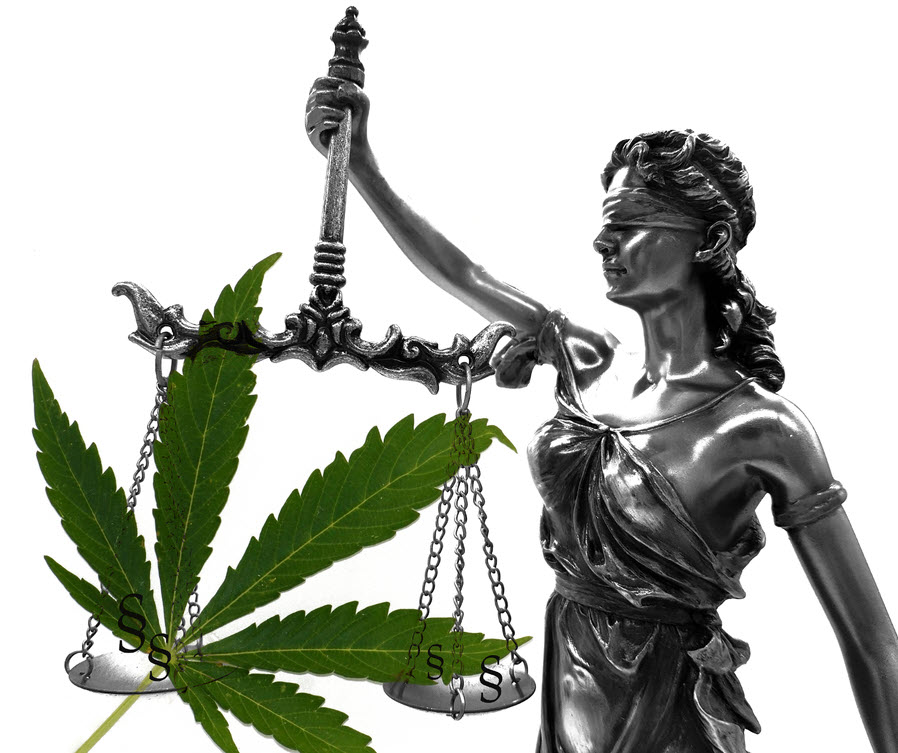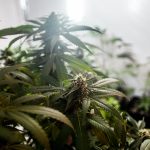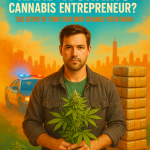
 As I perused the depths of Reddit, my eyes were drawn to a thought-provoking query that perfectly encapsulated the nonsensical nature of our current drug policies: “Why is alcohol deemed acceptable while cannabis remains illegal?” The responses were as concise as they were expected, with most users simply typing “politics” and moving on to the next post. While their answer is not entirely incorrect, it barely scratches the surface of a convoluted and captivating history of prohibition, propaganda, and profit.
As I perused the depths of Reddit, my eyes were drawn to a thought-provoking query that perfectly encapsulated the nonsensical nature of our current drug policies: “Why is alcohol deemed acceptable while cannabis remains illegal?” The responses were as concise as they were expected, with most users simply typing “politics” and moving on to the next post. While their answer is not entirely incorrect, it barely scratches the surface of a convoluted and captivating history of prohibition, propaganda, and profit.
It’s no secret that alcohol has been a staple in human society for centuries. From ancient civilizations to modern day, it has been a ubiquitous presence in social gatherings, religious ceremonies, and even medical treatments. Yet, despite its widespread use and acceptance, alcohol has also been the subject of intense scrutiny and regulation. Prohibition in the United States during the 1920s is a prime example of this, with the government attempting to ban the production, sale, and consumption of alcohol in an effort to curb social ills such as crime and poverty.
Fast forward to the present day, and alcohol is not only legal but also heavily marketed and readily available. Meanwhile, cannabis, a plant with a long history of medicinal and recreational use, remains illegal in many parts of the world. How did we get to this point? The answer lies in a tangled web of politics, propaganda, and profit.
In the early 20th century, the United States government launched a campaign to demonize cannabis, associating it with racial minorities and criminal behavior. This propaganda, fueled by the fear of the “other,” led to the criminalization of cannabis and the eventual creation of the War on Drugs. This war, which has disproportionately targeted communities of color, has been a failure in every sense of the word. It has not only failed to reduce drug use and crime, but it has also perpetuated systemic racism and mass incarceration.
Meanwhile, the alcohol industry has thrived, with companies raking in billions of dollars in profits each year. It’s no surprise that they have a vested interest in keeping cannabis illegal, as it would be a direct competitor to their products. This conflict of interest has played a significant role in shaping drug policies and perpetuating the stigma surrounding cannabis.
But times are changing. With the growing acceptance and legalization of cannabis in many parts of the world, the question of why alcohol remains legal while cannabis is not is becoming harder to ignore. The hypocrisy of our drug policies is becoming increasingly apparent, and it’s time for a serious re









